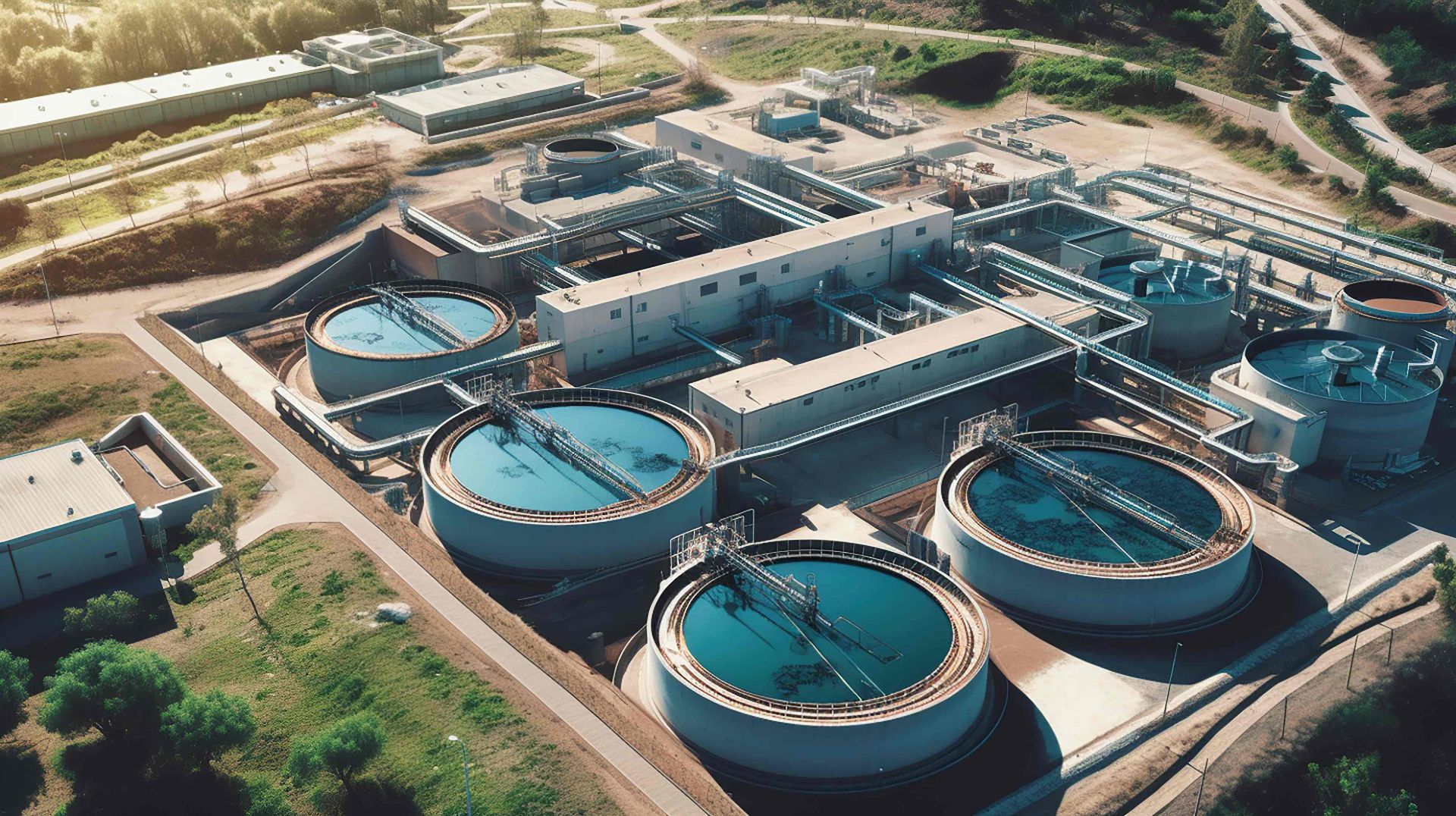Introduction: New Zealand’s second Emission Reduction Plan (ERP2) represents a critical juncture in the nation's quest to achieve net-zero emissions by 2050. Alimentary Systems, a leader in sustainable waste management, has engaged deeply in the consultation process, offering a comprehensive and solution-oriented response. Our submission highlights key areas where immediate and strategic interventions are necessary, focusing on leveraging existing strengths, addressing weaknesses, and seizing opportunities to drive innovation and economic growth.
Empowering Māori and Iwi Leadership in Environmental Governance
Harnessing Kaitiakitanga for Sustainable Waste Management
At Alimentary Systems, we believe that Māori and iwi, as kaitiaki, have a unique and essential role in shaping New Zealand's environmental policies. Our submission advocates for creating a robust framework that places Māori leadership at the forefront of waste management initiatives. Specifically, we propose establishing stringent and consistent national wastewater standards, with iwi taking the lead in their implementation, monitoring, and reporting.
Furthermore, we recommend developing land application systems for treated biosolids. This approach ensures that waste management practices are sustainable and culturally aligned with tikanga Māori and contribute to restoring and protecting the whenua (land). By empowering Māori and iwi in this way, we can create a compelling and inclusive environmental stewardship model.
Reforming the Emissions Trading Scheme (ETS) for Enhanced Impact
Leveraging the ETS to Fund Critical Infrastructure
The Emissions Trading Scheme (ETS) is a cornerstone of New Zealand’s climate strategy, but it needs significant refinement to meet the country’s ambitious emissions targets. Alimentary Systems proposes a critical enhancement, including gross emissions reductions eligible for New Zealand Units (NZUs). This adjustment would enable projects that directly reduce emissions, such as advanced wastewater treatment facilities, to generate and trade NZUs.
By monetising these reductions, New Zealand could fund essential infrastructure upgrades, particularly in wastewater treatment. The nation faces a projected shortfall in wastewater treatment capacity, which could cost between $120-180 billion over the next 30 years. The revised ETS could provide a financial mechanism to address this issue, ensuring that New Zealand’s infrastructure is resilient and sustainable.

Unlocking Private Investment for Climate Mitigation
Expanding Sovereign Green Bonds to Drive Sustainable Investment
Private capital is essential for scaling up New Zealand’s climate mitigation efforts. Alimentary Systems advocates for expanding Sovereign Green Bonds, which are tied explicitly to projects demonstrating measurable emissions reductions. These bonds could finance initiatives such as the deployment of biofuels in the transport sector, the installation of rooftop solar panels with battery storage, and the development of biogas facilities.
By creating a precise and reliable financial instrument that aligns with global green finance standards, New Zealand can attract private investors eager to support sustainable projects with solid returns. This approach accelerates the transition to a low-carbon economy and ensures the capital is available to fund large-scale green initiatives.

Addressing Energy Sector Challenges
Promoting Distributed Energy Solutions and Renewable Energy Adoption
New Zealand’s renewable energy potential is vast, but the current grid infrastructure presents significant challenges. Alimentary Systems proposes focusing on "behind the meter" solutions, such as rooftop solar installations with battery storage. These systems can reduce peak load pressures on the grid, increase energy resilience for households and businesses, and promote greater adoption of renewable energy.
Additionally, we advocate for more substantial incentives for biofuels, particularly biogas, which can be a reliable source of base-load electricity generation. By prioritising distributed energy solutions and promoting biofuels, New Zealand can overcome grid constraints and ensure that clean energy is accessible and affordable.
Transforming Waste Management into a Climate Solution
Leveraging Organic Waste for Emissions Reductions and Renewable Energy
Waste management presents a significant opportunity for emissions reductions in New Zealand. Alimentary Systems strongly supports the government’s proposal to investigate improvements in organic waste disposal and landfill gas capture. However, we believe more can be done. Our submission proposes that projects focused on the anaerobic digestion of organic waste be eligible for NZUs. This approach would connect waste management directly to the ETS, turning waste into a valuable asset.
By integrating waste management into the ETS, New Zealand can reduce methane emissions from landfills while generating renewable energy in biogas. This biogas could be fed into the national grid or used as a renewable vehicle fuel, providing a sustainable energy source that contributes to New Zealand’s emissions reduction goals.

Conclusion: A Pathway to a Sustainable Future
Alimentary Systems’ response to the ERP2 consultation is grounded in a commitment to innovation, resilience, and sustainability. By addressing the weaknesses in the current framework as opportunities for growth, we are confident that New Zealand can not only meet its climate targets but also emerge as a global leader in sustainable environmental practices.
Our proposed solutions—from empowering Māori and iwi in waste management to refining the ETS and expanding green finance—are designed to create a robust and inclusive pathway toward a net-zero future. By taking a holistic and strategic approach, we can transform challenges into opportunities and ensure that New Zealand’s environmental policies are effective and equitable.